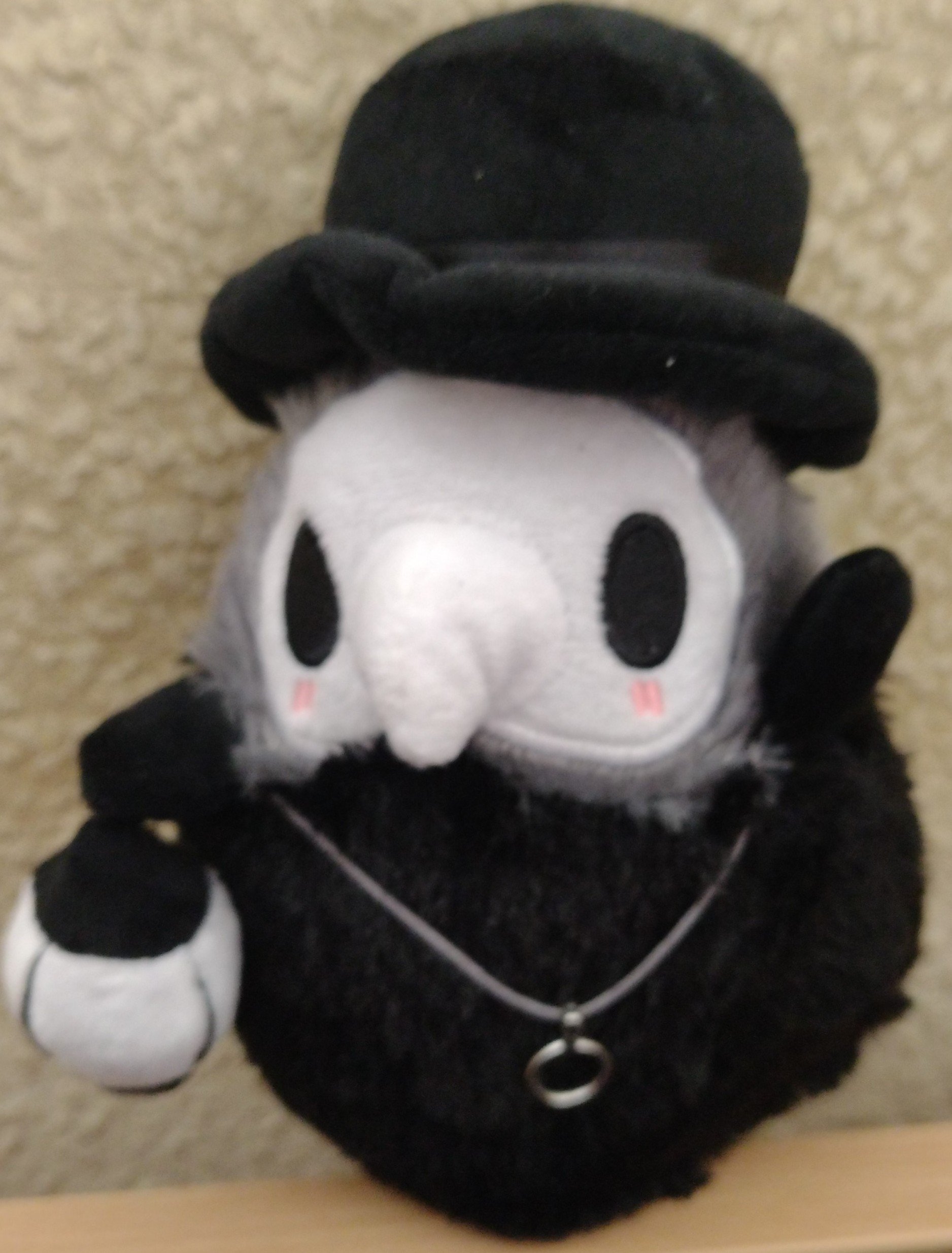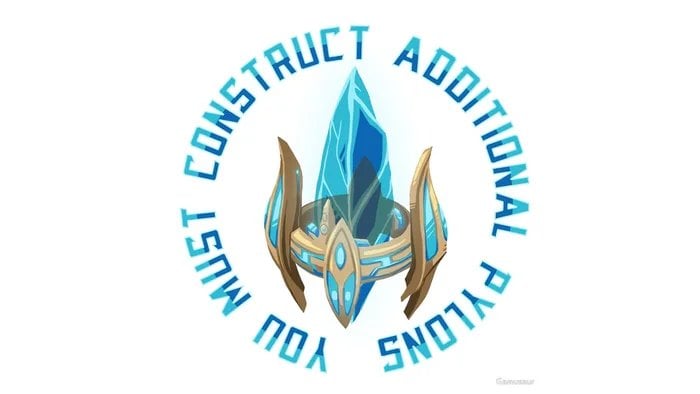Also: ginger cats were first bred in Egypt for sacrifice because they were gold like the sun.
When the Vikings got there they were so excited that the cats matched their hair they kept them on their ships.
To this day everywhere there was a significant Viking population there is a large population of ginger cats.
Still one brain cell, though
like the vikings
Hey!
Ho!
Now my virtue is being besmirched too?! Screw you guys, I’m rowing home! 😄
skol :(
i don’t think vikings were actually blonde though? that’s just a dumb pop culture thing
like, most people in the nordics have brown hair, that isn’t going to have changed in 1000 years
Well yes and no. They liked the extraordinary, everything new or beautiful. And they took it with them. That included jewelry, cats, ideas, religion and people. In their genes have been found traces of southeurope and even asia. So there have been blonde or redhead vikings. But only a few.
human: what [BIG BLACK VOID] are you?
Mau

Mrrrp
I’ve seen this guy. Goes by the name of “Chief”. Works as a bouncer at a bar near the airport.
I cannot for the life of me figure out what was redacted
Social security number of a supreme court judge. In highnsight it didn’t make much sense so they blacked it out
the fuck
The Japanese word for cat, “neko”, apparently etymologically translates as “quadruped that goes ‘nyan’” (which is the Japanese equivalent of “meow”). The Mandarin word for cat, IIRC, is “mao”.
The cat’s penis (Mao Zedong)
Also, small birds are “tori” in Japanese, likely after the sing-song sound they make (tri-tri-triii)
Ducks are named after a quacking sound in English… And Indonesian&Malaysian; “bebek”!
I could go on for a while but in general it’s not very uncommon for animals to be named like a Pokémon!
Wait until you find out why it’s called a Whippoorwill.
hence nyancat but I don’t know where the poptart and rainbow come from.
A rare breed that got hunted to extinction from meme overuse
I was there, 5000 thousand years ago, toiling in the mines for the memes. But we went too deep…something wake up…
In thaï and lao it’s meo also.
But what about Mao Disease?
I read somewhere that there’s another story of origin (maybe folk etymology though) that “Neko” means something like “star-child” (nagareboshi no ko)
In German, children often call dogs “Wauwau” and “Mietze” is another word for cat that’s also onomatopoetic.
Tumblr, right? This is so much nicer than Twitter.
The English words bear and horse come from old Norse / Indo-European words meaning brown and fast. Languages do that all the time. We even do that for people, like Inuit and Ainu which mean human in their respective languages. Like “what are you?” “Human” “Ainu, got it”
There is a theory that says that the word bear /björn/bär is a euphemism for the real word for the animal, the prototype indo-European word *Rktos. That word was a taboo to use since our ancestors were afraid that saying that name would make a bear appear. The Slavic languages use the euphemism honey eater. Medvěd, niedźwiedź
In Greek the word for bear is still derived from the Porto indo-European word, αρκούδα arkouda . Is also where the word Arctics comes from. Since Ursa Major (the big Bear constellation) is up north.
Same in Hungarian, the word for wolf means “tailed one”, the word for stag “one with horns/antlers”.
For bears, that works (especially since we know about other words like arctus etc.), but it’s odd that this was also done for other words like horse, linked to PIE “to run”. So yes for the euphemism theory and we consider that calling a cat species " Mau" because of their sound as a euphemism, or horses as a whole “run” because they’re hella fast, but I don’t know if we need to push that further with the taboo theory.
Eskimo is Algonquin for “eats raw meat” which is where the term to refer to Inuit came from
I misread it and thought they were saying that cats made the sound “cat”
Old English catt (c. 700) “domestic cat,” from West Germanic (c. 400-450), from Proto-Germanic *kattuz (source also of Old Frisian katte, Old Norse köttr, Dutch kat, Old High German kazza, German Katze), from Late Latin cattus.
The near-universal European word now, it appeared in Europe as Latin catta (Martial, c. 75 C.E.), Byzantine Greek katta (c. 350) and was in general use on the continent by c. 700, replacing Latin feles. It is probably ultimately Afro-Asiatic (compare Nubian kadis, Berber kadiska, both meaning “cat”). Arabic qitt “tomcat” may be from the same source. Cats were domestic in Egypt from c. 2000 B.C.E. but not a familiar household animal to classical Greeks and Romans.
The Late Latin word also is the source of Old Irish and Gaelic cat, Welsh kath, Breton kaz, Italian gatto, Spanish gato, French chat (12c.). Independent, but ultimately from the same source are words in the Slavic group: Old Church Slavonic kotuka, kotel’a, Bulgarian kotka, Russian koška, Polish kot, along with Lithuanian katė and (non-Indo-European) Finnish katti, which is via Lithuanian.
So… our word for cat is derived from a 2000 year old latin word that itself probably derived from an earlier word from somewhere in Northern Africa and/or the Levant. I guess the people then didn’t pick the name by the sound it makes.
Wiki tells the specific breed information is incorrect (AE had different cats, the breed shown, the ma’u, was engineered in the 1950s), but the onomatopoeia part isn’t necessarily false for AE.














